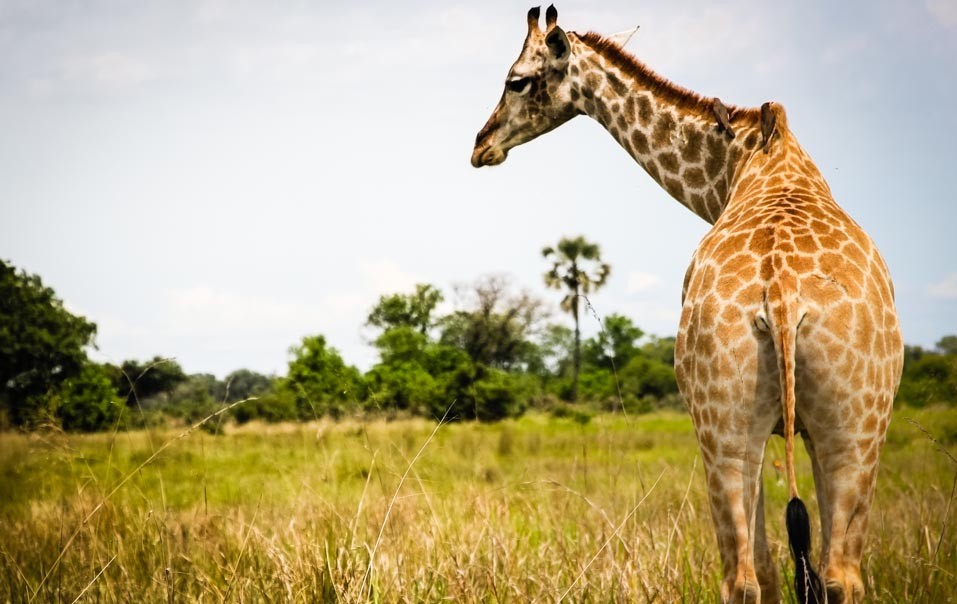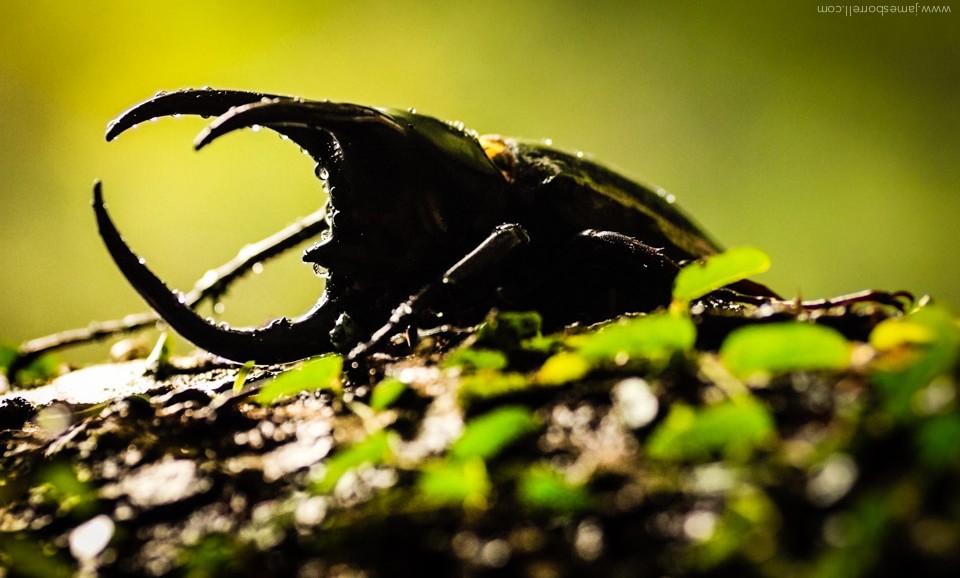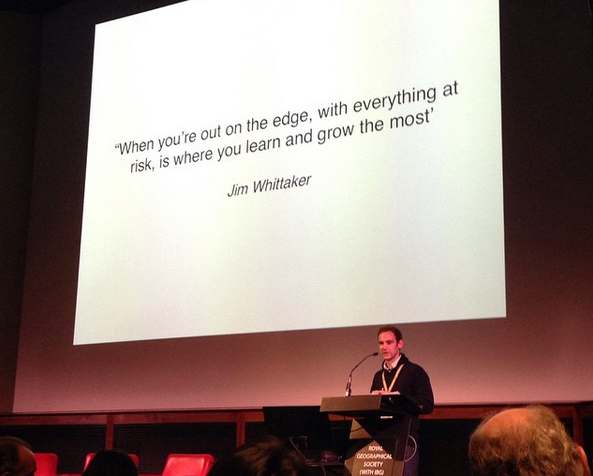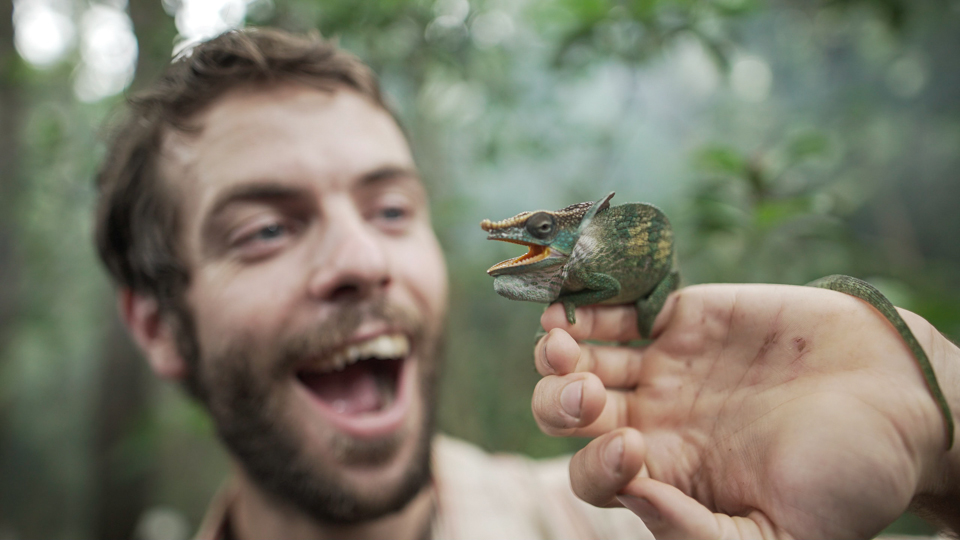How to get into Conservation in 7 Easy Steps
Even mildly unconventional ideas can seem crazy. The first person that contemplated taking a ‘Gap Year’ probably got a rollicking from their parents. But then, slowly, it became pretty much quite normal.
The same is true for conservation – 50 years ago it was barely a thing, let alone a career. Now, all manner of paths are open to the passionate and bold, but it can still seem daunting.
You want to be a marine biologist – but don’t really know what they even do, much less how to be one. You’re interested in research expeditions, but not sure where or how to start. What about entomology, mycology, primatology and the rest?
So what’s the secret to doing unconventional things?
Either – be very, very brave (I’m not) – Or make those unconventional things seem rather ordinary. I find best way to make them ordinary is to surround yourself with extraordinary people.
Step 1: ‘Like’ whatever you Like
We all spend a little bit too much time on Facebook, but are afraid to admit it. Conservation organisations are suckers for ‘likes’ as much as the next folks. Start by liking a good selection of pages, for a drip feed of good conservation stories. They don’t just have to be the ‘big ones’ like WWF or RSPB, there’s lots of small projects with interesting and engaging updates.
- African Wildlife Conservation Fund
- Crees Foundation
- WWF (you can look up your local WWF too)
- Birdlife International
- RSPB
- Durrell Conservation and Wildlife Trust
- TREE AID
- Conservation International
Some slightly more unusual ones…
- Okapi Conservation Project
- The Insect World
- Conservation Canines
- Queensland Glider Network
- Kaua’i Forest Bird Recovery Project
And maybe some photographers…
Facebook is also a great way to improve your Natural History skills too..

Step 2: Following conservationists…
Do likewise on Twitter, or whatever other social media addiction you have.
- Here’s a list of the top 100 conservation Twitter accounts
- Another list of 50 more great conservation and wildlife accounts.
- And the top 50 climate tweeters.
And if you’re feeling generous, you could follow me too….
“No one will protect what they don’t care about; and no one will care about what they have never experienced”. David Attenborough
— James Borrell (@James_Borrell) April 1, 2014
Step 3: Improve your reading
Forget clickety-click-bait articles on the Mail Online, and instead read Mongabay. It’s pretty much the best conservation news source.
Wouldn’t you rather read about: The sixth global mass extinction event is happening, and humans are causing it (bit depressing, but still important!). Or perhaps on a lighter note: Scientists find new monkey with unique penis
If you like to follow blogs, then here’s a list to get started with, though there’s dozens more online. While you’re at it, if you want to start writing you could join Wildlife Articles, or you could set up your own conservation blog.
Step 4: Treasure good books, too
Top of my list would be:
Wild Hope: on the Front Lines of Conservation Success, By Andrew Balmford
The Man Who Planted Trees, by Jean Giono (which you can read for free online, here)
Feral: Searching for Enchantment on the Frontiers of Rewilding, by George Monbiot
You might also find these useful:
Conservation Careers: My Top 5 Conservation Books
Malcolm Tait’s top 10 wildlife books
The 5 best environmental books of all time
Step 5: Don’t forget to get outside
It’s easy to spend hours working away at a career in conservation. Whatever you do, don’t lose your passion.

Step 6: Be inspired
Listen and watch stories about how other conservationists got into the field. Maybe start with: The Best Conservation TED talks, or these talks talks that show the power of conservation photography.
Which type of conservation career do you want? I had a think and came up with about 12 different types, but there are probably more.
For example, there’s:
- The Ecological Consultancy Career
- The Get Your Hands Dirty Conservation Career
- The Big NGO Conservation Career
- The conservation photographer/filmmaker career
And many more…

Step 7: Go to stuff. Meet people!
You might finally be ready to meet real people. Persuade a friend, and head along to one of these events:
RGS Explore – THE BEST EVENT OF THE YEAR
(I’ve written about it here, here and here!)
RGS Monday night lectures (free for members, and often open to guests too)
Don’t forget to talk to people, and head to the pub afterwards!
Conclusion:
Hey presto, you’ve filled your life with conservation ideas, read and watched lots of conservation stuff, and surrounded yourself with conservation folks.
If you do all of these things, I’m certain you will feel more ready and more prepared.
Hopefully, a career in conservation seems a tiny bit closer?


